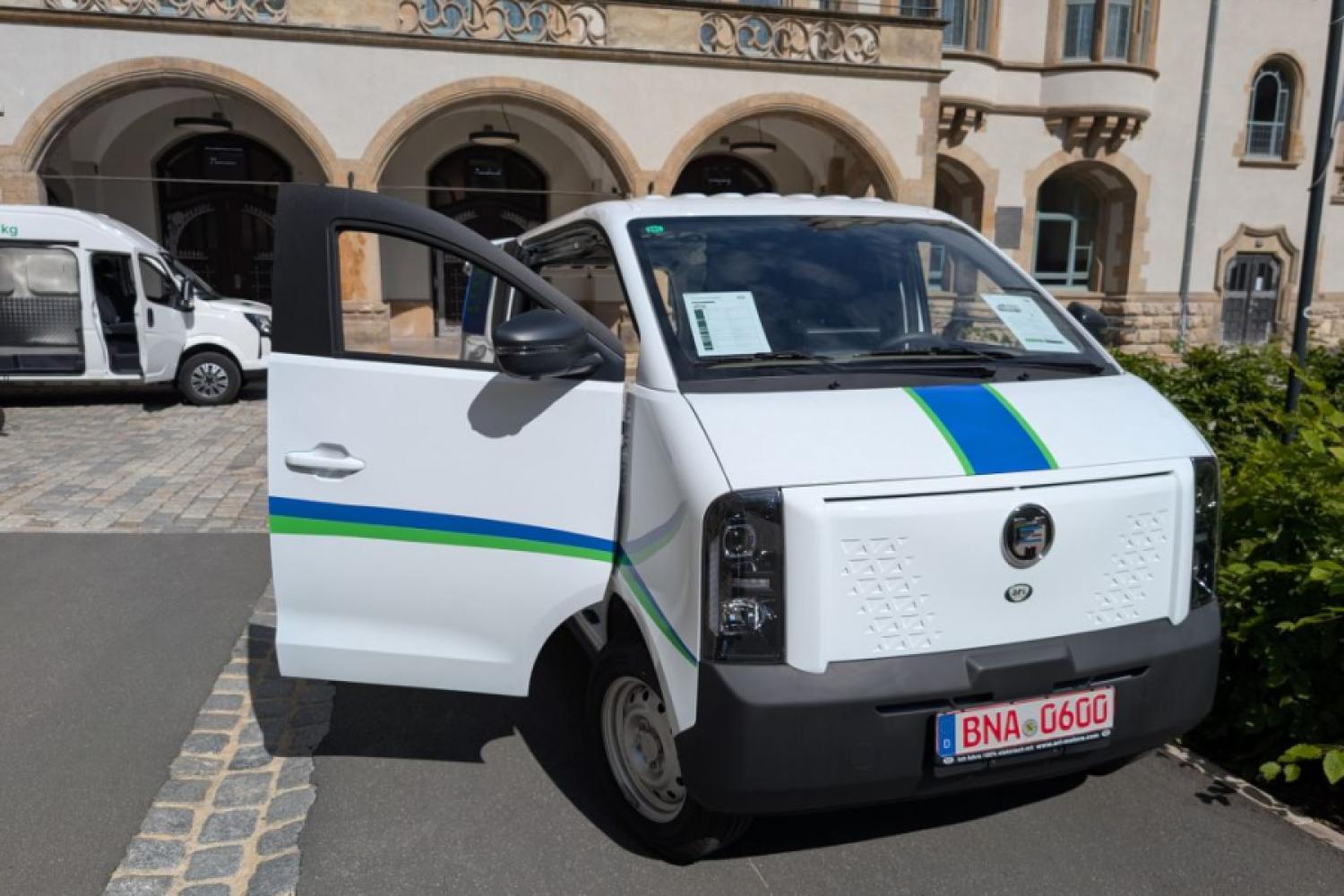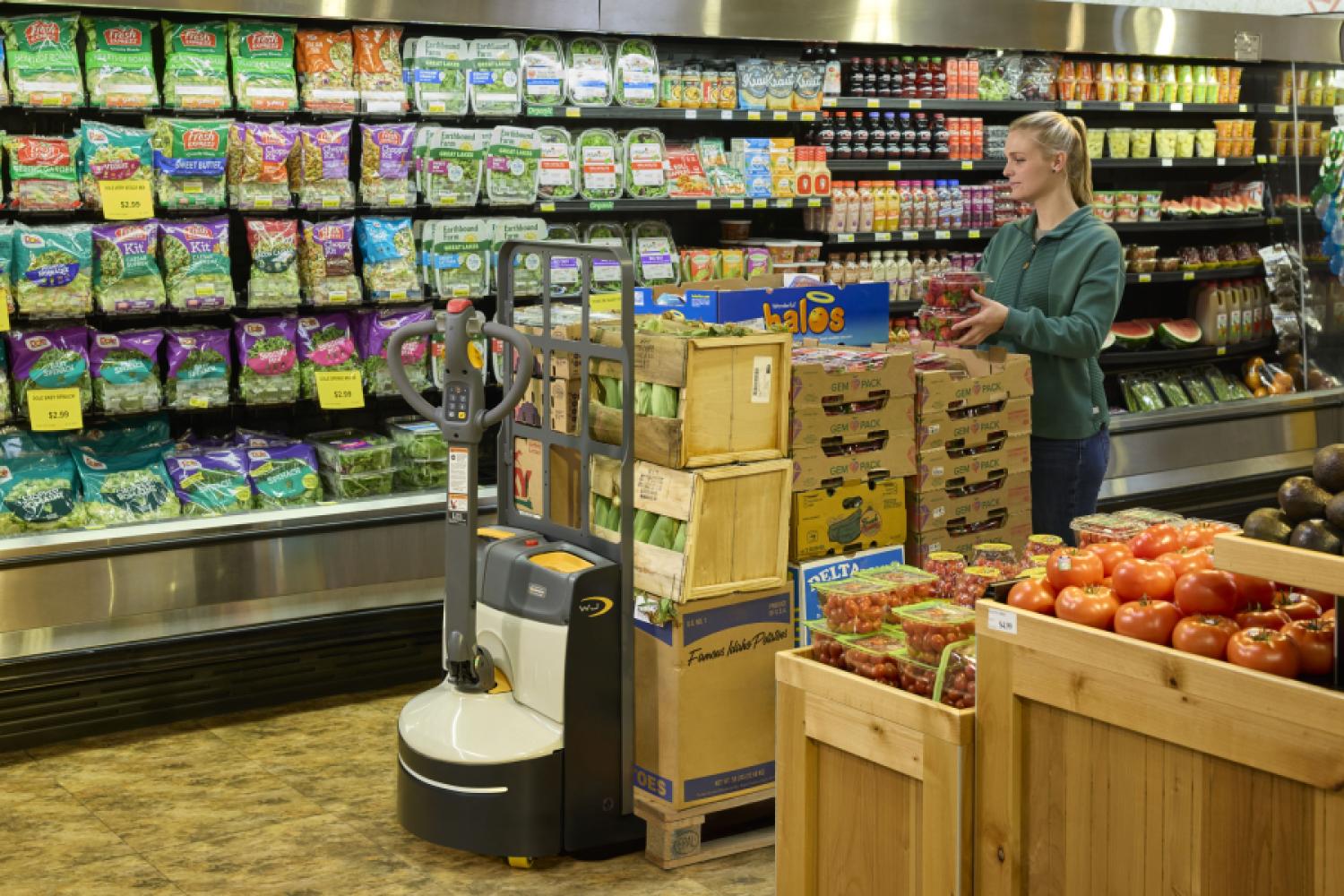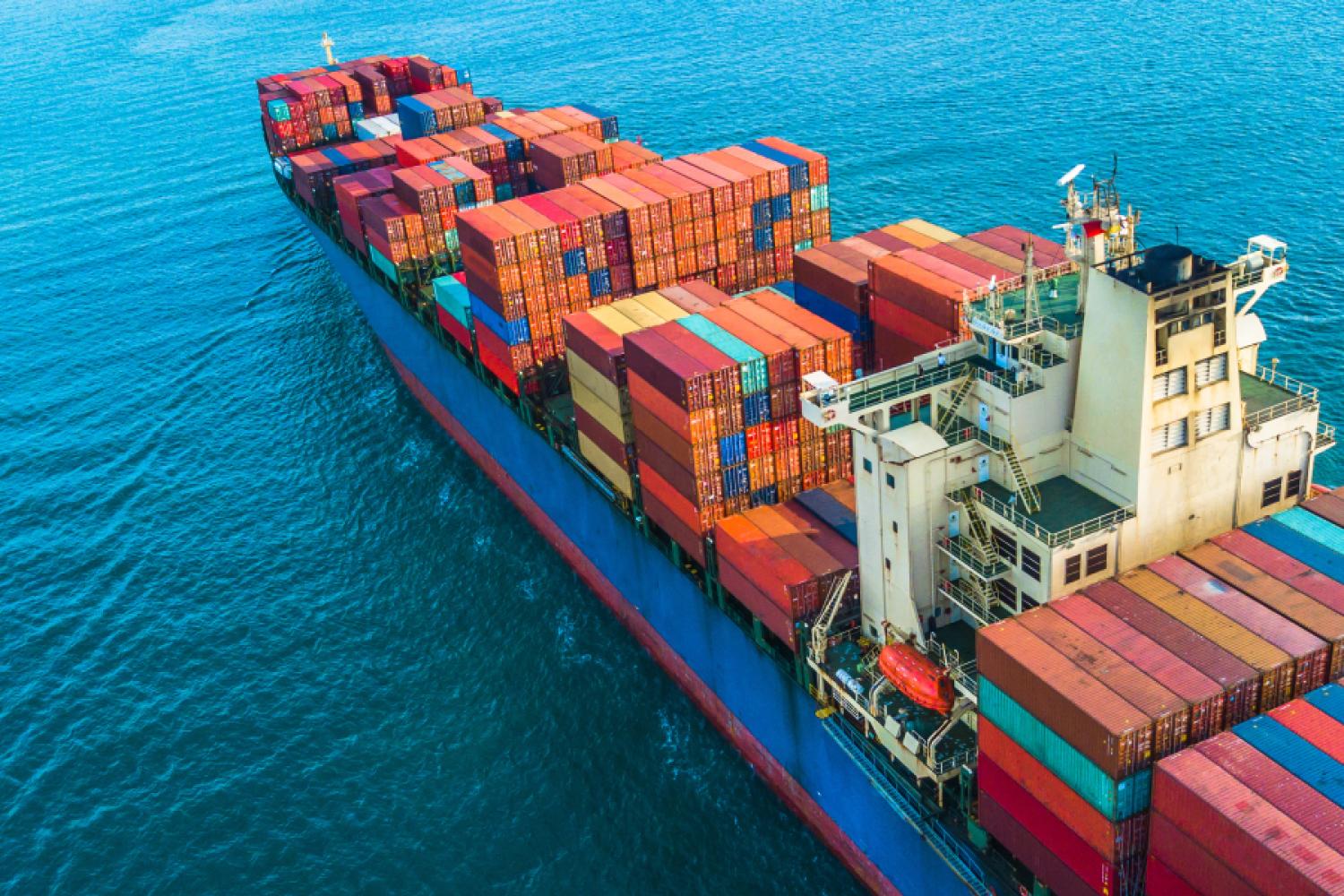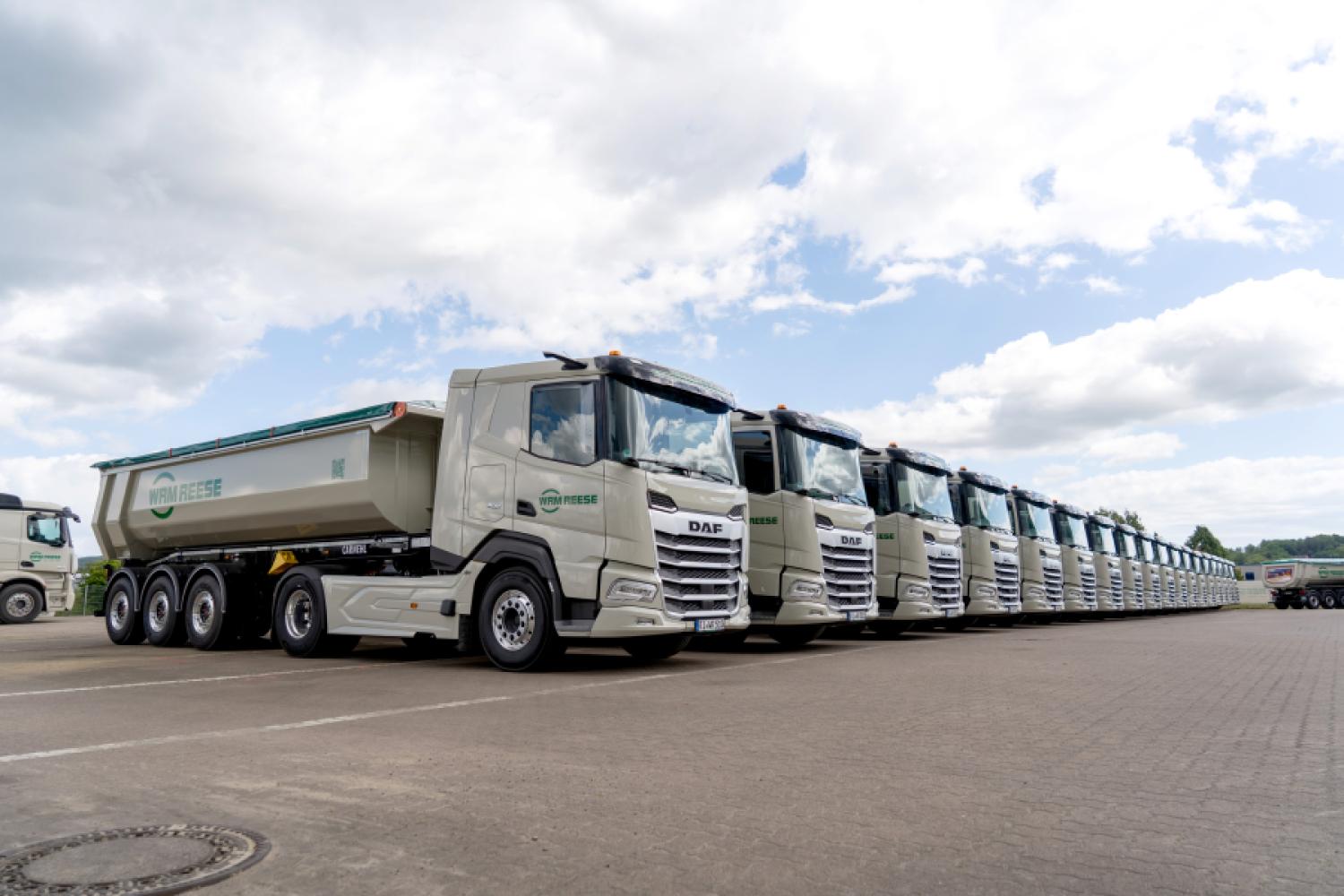The consultancy firm Gartner has released the results of its "Global Supply Chain Top 25" ranking for 2025, which aims to recognize leading companies in the supply chain and identify the underlying trends that have determined their performances. According to a press release dated June 18, Schneider Electric claimed the top spot for the third consecutive year, while Nvidia improved its position and secured second place this year.
According to the consultancy firm, the ranking is based on two main components: business performance and community opinion. The business data is based on financial metrics as well as ESG data from the past three years, while the opinion rating reflects peer assessments and Gartner experts' evaluation of leadership and future viability. Together, both components form the overall score. Companies from the Fortune Global 500 and Forbes Global 2000 are considered, with a minimum revenue requirement of USD 15 billion. Companies without physical supply chains are excluded.
"This year, leading companies stand out by using the latest AI technologies, developing autonomous operations, and responsibly managing resources," said Simon Bailey, VP Analyst at Gartner's
Supply Chain division. "Leading supply chains clearly link sustainability with fundamental business outcomes such as cost optimization and risk mitigation. Therefore, we see many examples of responsible water usage and circular innovation."
Bringing AI and employees together
According to the press release, Schneider Electric has launched a new three-year transformation process based on four pillars: people, environment, customers, and performance. As part of this program, the company has already made significant progress in industrial automation and integrated advanced technologies like AI, argues Gartner.
"Schneider Electric's culture of innovation has integrated AI in a way that considers employees' ideas, with supply chain leaders identifying key areas of application to increase customer value, revenues, and productivity," said Bailey. "This ensures both a collaborative and strategic approach to AI deployment."
The Gartner Supply Chain Top 25 honors outstanding, long-term excellence, maturity, and leadership strength of some companies with a special "Masters" category. These companies remain part of the annual evaluation but must have been among the top five companies with the highest overall score in at least seven of the last ten years to
retain this status. This year, Amazon, Apple, P&G, and Unilever retain their "Masters" status.
The Gartner Supply Chain Top 25 for 2025
Rank
Company
Overall Score
1
Schneider Electric
5.81
2
NVIDIA
5.66
3
Cisco Systems
5.08
4
AstraZeneca
4.83
5
Johnson & Johnson
4.64
6
L'Oréal
4.27
7
Colgate-Palmolive
4.17
8
Lenovo
4.06
9
Microsoft
4.05
10
Danone
3.97
11
Nestlé
3.87
12
Diageo
3.87
13
Walmart
3.83
14
The Coca-Cola Company
3.68
15
Siemens
3.46
16
Novartis
3.08
17
General Mills
3.08
18
PepsiCo
2.92
19
Heineken
2.90
20
HP Inc.
2.84
21
Sanofi
2.83
22
JD.com
2.76
23
BMW
2.74
24
GSK
2.70
25
Intel
2.68
(Overall Score = (Peer Score x 25 %) + (Gartner Expert Score x 25 %) + (ROPA Score x 5 %) + (ROPA Change x 10 %) + (Revenue Growth x 10 %) + (Inventory Turnover x 5 %) + (ESG Points x 20 %))
Gartner has identified three key macro trends for 2025 in the Top 25 and "Masters" companies:
Agentic AI
While companies continue to leverage the transformative potential of
AI in their supply chains according to the Gartner survey, agentic AI represents the next stage of innovation. This extends generative AI (GenAI) by making autonomous decisions and executing actions without constant human oversight. By combining creative aspects of GenAI with problem-solving classical AI, agentic AI can autonomously tackle complex tasks in dynamic environments, such as demand forecasting, supplier selection, and route optimization.
Autonomous Operations
Unlike classical automation, Gartner's analysis shows that autonomous operations synchronize many processes in real time, leading to significant productivity gains. They take over monitoring, process adjustment, and decision-making, thus relieving employees from routine tasks—especially in hazardous areas. Applications range from production and warehousing to planning and customer service.
Responsible Water Stewardship
Concurrent with the use of AI and autonomous operations, leading companies recognize the central importance of sustainable water management according to the analysis. As a critical resource for agriculture, production, and data centers, water is increasingly becoming a strategic factor. Top 25 companies stand out with clear strategies, including water assessment, conservation, and reuse—such as adjusting location choices or integrating water goals into supply chain






